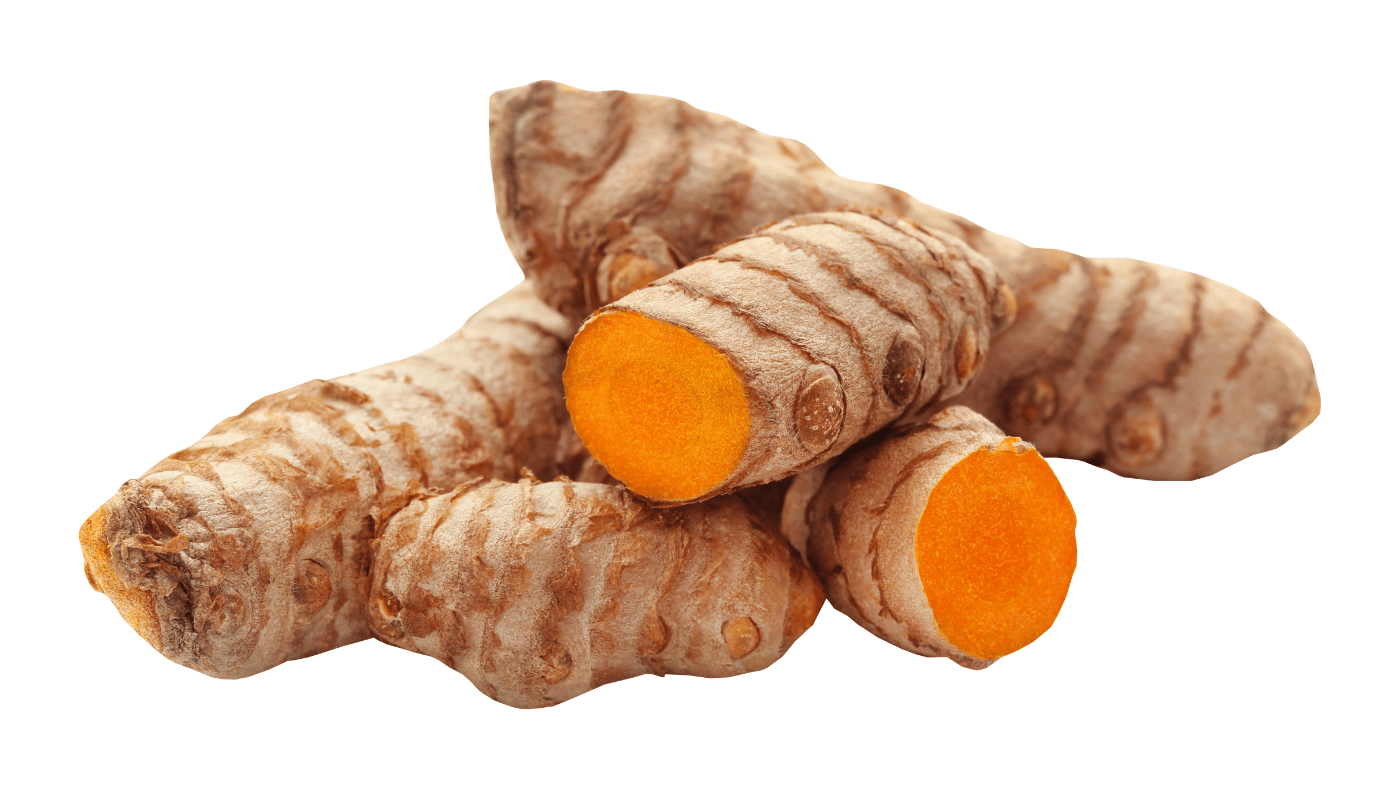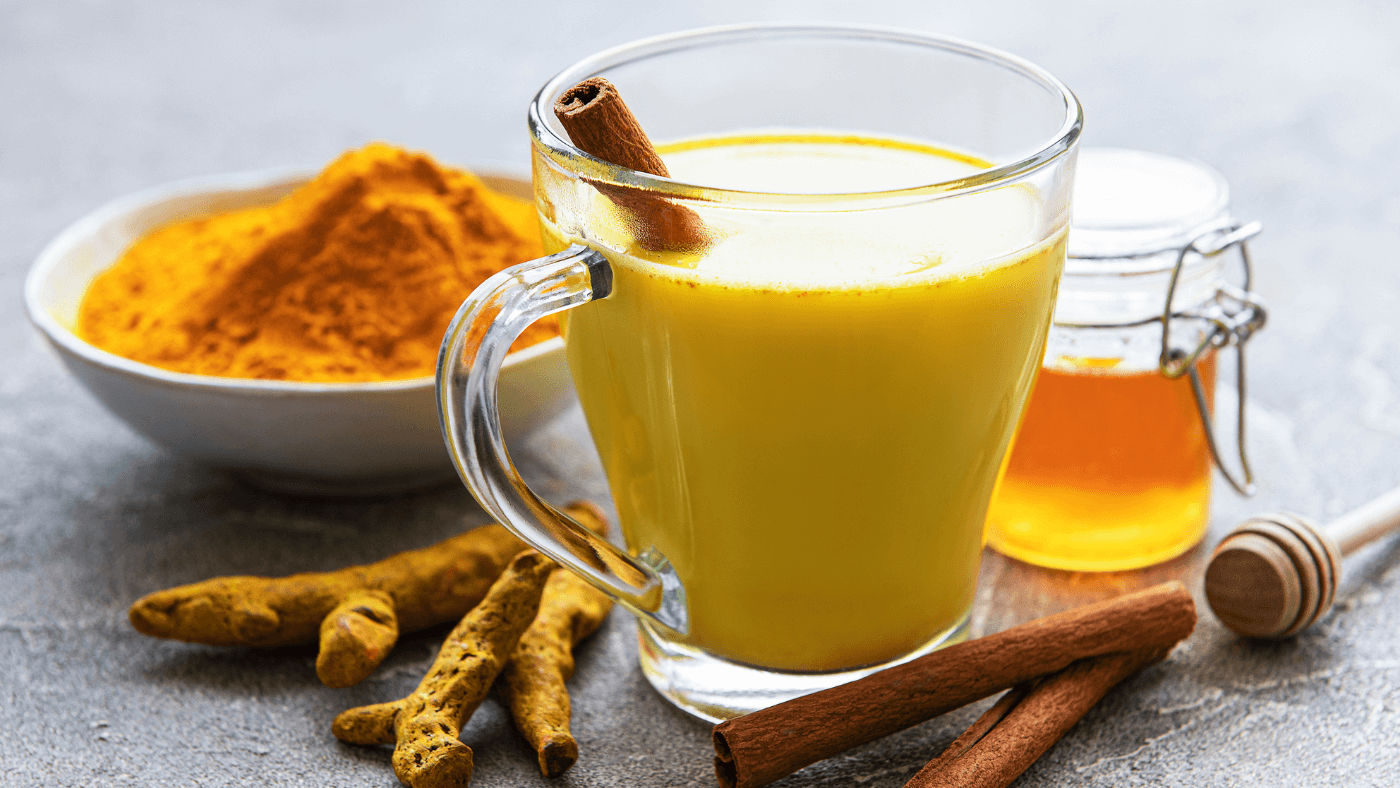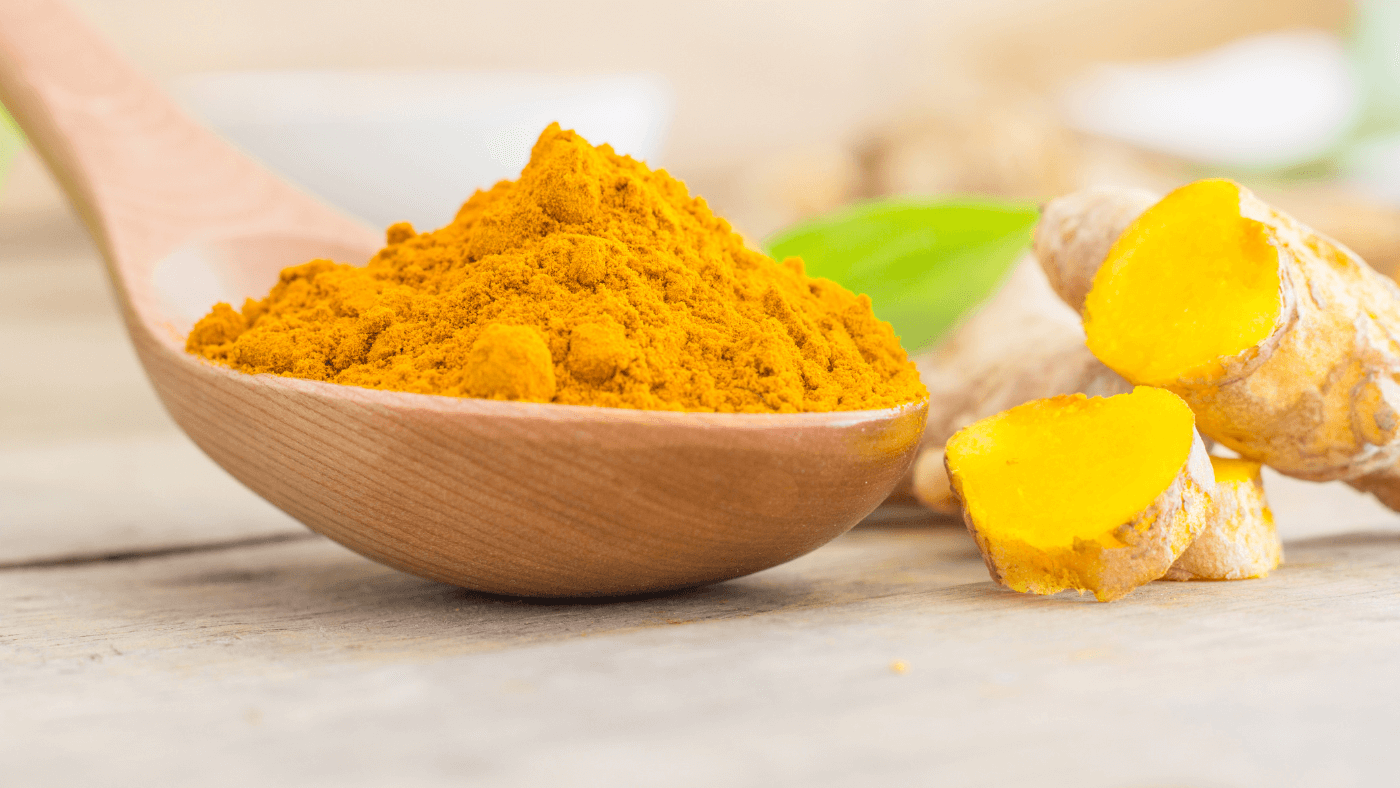
Turmeric tea has experienced a surge in popularity in recent years—and for good reason. This ancient beverage, derived from the turmeric root, has been cherished for centuries across various cultures for its medicinal properties. Let's dive deeper into the benefits of turmeric tea—from turmeric tea for inflammation to turmeric tea for weight loss—and explore the wonders it holds.
At the heart of turmeric's medicinal power lies its active compound called curcumin. Curcumin is renowned for its anti-inflammatory, antioxidant, and immune-boosting properties. Chronic inflammation is at the root of many health conditions, including arthritis, heart disease, and certain cancers. In addition to its anti-inflammatory properties, turmeric tea is rich in antioxidants. Antioxidants play a vital role in neutralizing harmful free radicals in the body, thus safeguarding cells from damage and reducing the risk of chronic diseases.
The curcumin in turmeric also enhances immune function, aiding the body's defenses against infection and disease.Turmeric even has digestive benefits. It is believed to stimulate the production of bile, supporting healthy digestion and potentially alleviating digestive discomfort.
Beyond its potential health benefits, turmeric tea offers a comforting and warming experience. Its vibrant golden hue and distinct aroma create a sensory delight, perfect for those moments of peace and relaxation.

How Do I Prepare Turmeric Tea?
Ingredients:
1 teaspoon of ground turmeric
1 teaspoon of freshly grated ginger (or a few drops of essential oil)
1 cup of water
1/2 teaspoon of black pepper (optional)
Honey or lemon to taste (optional)
Instructions:
- In a small saucepan, bring the water to a boil.
- Add the ground turmeric and grated ginger to the boiling water, stirring well.
- Reduce the heat to low and let the mixture simmer for about 10 minutes to allow the flavors to infuse.
- Add black pepper(if using) and stir gently. Black pepper enhances the absorption of curcumin, the active compound in turmeric.
- Once the tea is ready, strain it into a cup.
- Sweeten with honey or add a squeeze of lemon according to your taste.
- Give it a gentle stir, and your soothing turmeric-ginger tea is ready to be enjoyed.
Feel free to adjust the quantities of turmeric, ginger, honey, or lemon to suit your personal taste. You can also experiment with adding other spices like cinnamon or cardamom to enhance the flavor profile of the tea.

When Should I Drink Turmeric Tea?
There's no specific rule on when to consume the tea. Many people enjoy it in the morning to kickstart their day, while others find it soothing and calming before bedtime.
What Does Turmeric Tea Taste Like?
Turmeric tea has a warm and slightly earthy flavor with a hint of bitterness. Some describe it as having a spicy undertone. The addition of honey or lemon can help balance the taste and provide a pleasant sweetness or tanginess, depending on your preference.
Is it Safe to Drink Turmeric Tea Every Day?
In general, consuming turmeric tea in moderation is considered safe for most individuals. However, it's important to note that curcumin may have certain interactions with medications or medical conditions. It's always wise to consult with a healthcare professional before making turmeric tea a daily ritual, especially if you have underlying health concerns or are taking specific medications.
Who Should Not Drink Turmeric Tea?
While turmeric tea is generally safe for most individuals, there are some considerations to keep in mind. Those who have gallbladder issues, are on blood-thinning medications, or have a history of kidney stones may need to limit their turmeric intake. Pregnant and breastfeeding individuals should consult with their healthcare providers before incorporating turmeric tea into their routine. Additionally, if you have any known allergies to turmeric or its related plants, it's best to avoid turmeric tea.

Want to know everything going on in natural health and beauty? Sign up for BVU's newsletter. You can also follow along on Instagram and Facebook.




